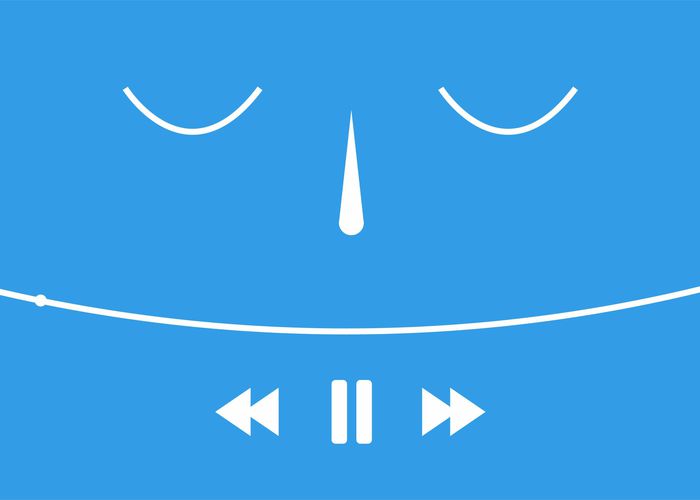

A Veterinarian's Guide to Professional and Personal Goal Setting for 2023
For many, ringing in a new year inspires hope and a sense of renewal. Unfortunately, that motivation is usually short-lived. Most New Year's resolutions are abandoned by the second Friday in January, unofficially dubbed "Quitter's Day."
Ensure your good intentions have measurable outcomes—or, at least survive until spring—and turn wishful thinking into positive change with this guide for effective professional and personal goal setting.
Are You Setting Goals or Making Resolutions?
With both professional and personal goal setting, specificity matters. Resolutions are proclamations generally related to behavior change that you intend to keep indefinitely. "I will stop smoking" and "I want to eat healthier" are examples. Resolutions also tend to be all or nothing, which is why a single slip can trigger a feeling of failure.
A goal, however, is action-oriented and focused on achieving the desired result. Additionally, goals can be broken down into mini-goals that create a sense of achievement and build confidence with each step.
For true growth, strategic goal setting can more effectively focus your efforts, change behavior, and generate real results. But unlike resolutions, which are typically off-the-cuff or inspired by long-harbored guilt, goal success requires thoughtful consideration and planning.
Professional and Personal Goal-Setting Tips
Goal-setting techniques and methods are everywhere, but the most notable have easy-to-remember acronyms, such as SMART goals. SMART stands for "smart, measurable, achievable, relevant, and time-bound."
Although these acronyms vary in their language and approach (e.g., some are objective whereas others require emotional involvement, such as wishing and goal visualization), most effective strategies incorporate the same key ideas. Let's explore how to set professional goals (and personal ones) and actually achieve them with a few helpful steps.
Define Your Goal
Defining a detailed goal helps you measure your progress, make necessary adjustments when you're off course, and recognize completion. Precise goals include a crystal-clear vision of the final outcome, a predetermined time frame, and the specific actions you'll take along the way.
Evaluate Its Achievability
The best goals are challenging but achievable. Consider your current abilities, resources, and time frame when determining whether your goal will challenge and motivate you. Then, ask yourself: Is it realistic to achieve?
Identify Challenges or Costs
Identify your barriers, which can include skill-based challenges (e.g., your closure technique is slow or you don't know how to cook) or emotional ones (e.g., you feel guilty turning away a last-minute appointment so you stay late almost every shift). Costs are what you'll give up—or have to endure—to reach the desired goal, such as working weekends, studying while on vacation, or putting your hobbies on hold to pursue a new interest.
Weighing these issues early can help you anticipate bumps in the road and acquire the necessary skills to overcome them. It can also help you decide if the ultimate payoff is worth the immediate sacrifice.
Break It Down
If your goal is to reach the top of a staircase, with each stair building toward that goal, what are the smaller goals on each stair? Depending on your goal, there may be three stairs or 30. Mini goals can help you measure your progress, maintain motivation, and enjoy success as you work toward the top stair.
Arrange Your Environment
Your surroundings can have a powerful influence on your success, and some aspects can be major obstacles. Author and goal-setting expert James Clear describes these challenges as environmental defaults. He suggests you eliminate options (e.g., replace your candy stash with healthy snacks), give yourself strong visual cues (e.g., hang a sign on the exam room door that prompts you to smile or take a deep breath), and create friction for opting out of a goal-based behavior (e.g., losing money for backing out of a non-refundable continuing education event).
Assess Your Progress
Schedule monthly or bimonthly appointments with yourself to review your progress. If your goal—or the system you're using—is no longer serving you or its original purpose, it's OK to modify or replace that method. However, be honest with yourself and ensure you can define your reason for quitting, so you will set better future goals.
Here are some questions you can ask to assess your goal progress:
- Did you need a better support system? Sharing your goal with someone you trust can improve your accountability.
- Did other goals or habits interfere with your success? Try to focus all your energy on one goal at a time.
- Did your goal have an unrealistic time frame? Slow progress is still progress—keep going.
Make a Plan Now to Build Toward Tomorrow
Many things may be beyond your control at home and at your practice, but self-improvement is always within reach. Replacing half-hearted and guilt-laden New Year's resolutions with definable, actionable, and measurable goals will ensure you sail past "Quitter's Day" toward the best year of your life.







